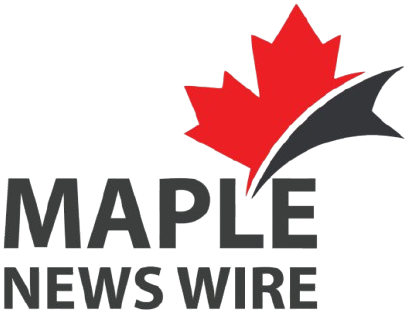PM Mark Carney’s new cabinet tackles trade tensions, affordability, and energy disputes as it sets out a bold national agenda.
A Cabinet with Urgency: Carney’s Team Faces Immediate Pressures
Prime Minister Mark Carney’s newly assembled cabinet held its first meeting on Parliament Hill this Wednesday, kicking off what is expected to be a challenging chapter in Canada’s political landscape. With mounting pressure on multiple fronts — from trade issues with the U.S. to internal discontent in the West — the government wasted no time getting to work.
Carney acknowledged the weight of responsibility, pointing to three top priorities: an escalating trade dispute with the United States, nationwide cost-of-living concerns, and unrest in Alberta over energy policy and regional equity.
Tackling Affordability: A Middle-Class Tax Cut on the Table
To immediately address financial pressures on Canadian families, Carney announced that Finance Minister François-Philippe Champagne has been instructed to draft legislation for a new middle-class tax cut. The initiative is expected to save dual-income households up to $825 annually.
“We’re acting on affordability as we look to build up this economy,” Carney said, signing a public-facing decision note — a symbolic gesture that echoed U.S. presidential executive orders.
Champagne confirmed the tax cut bill will be introduced soon after Parliament resumes, with more economic measures to be detailed in the upcoming speech from the throne. However, a full federal budget won’t arrive until the fall.
EV Strategy Falters Amid Investment Pullback
Canada’s electric vehicle ambitions took a hit this week after Honda announced it would pause a multi-billion-dollar investment in Canadian EV manufacturing. The decision follows similar slowdowns across the sector, with declining consumer demand and new U.S. tariffs complicating the landscape.
Newly appointed Industry Minister Mélanie Joly, previously Foreign Affairs Minister, vowed to advocate for Canadian autoworkers. “We’ll make sure we’re in solution mode,” she said ahead of talks with Honda executives.
Western Frustration Deepens Over Energy Policy
One of the most sensitive issues facing the new cabinet is ongoing discontent in Alberta. Premier Danielle Smith has called for a “reset” in federal-provincial relations, signaling openness to holding referendums — potentially including one on Alberta sovereignty.
Tensions have risen over Environment Minister Julie Dabrusin’s past opposition to oil sands expansion, and comments from former environment minister Steven Guilbeault, now Minister of Canadian Culture, who downplayed the need for new pipelines.
Despite his portfolio change, Guilbeault’s remarks about underutilized infrastructure sparked backlash. Premier Smith called the statements misleading and damaging, noting that the Trans Mountain pipeline is operating near capacity.
Alberta Calls for Real Pipeline Progress
Energy sector advocates, including Conservative Leader Pierre Poilievre, continue to push for a new pipeline spanning central and eastern Canada. They argue such a project would boost national energy independence and create new export opportunities.
In response, new Natural Resources Minister Tim Hodgson, who has experience on the board of MEG Energy, signaled his intention to visit Western Canada soon. “We’re ready to work with industry to build a more secure, prosperous Canada,” he said.
Securing Trade Ties: Canada-U.S. Relations Front and Centre
A separate committee — the “Secure and Sovereign Canada” group — has been formed to manage the increasingly complex U.S.-Canada trade relationship. Defence Minister David McGuinty will chair the committee, with Carney himself taking a personal role in steering this critical file.
Notably absent from the committee is Transport and Internal Trade Minister Chrystia Freeland, who recently faced personal attacks from former U.S. President Donald Trump. Still, Freeland remains focused on eliminating Canada’s domestic trade barriers by Canada Day — a move the IMF says could boost GDP by 4%.
Charting a Path Forward
As exports to the U.S. continue to decline amid tariff tensions, Canada’s new cabinet is juggling the urgent need to diversify trade, reinforce domestic unity, and revive a faltering economy. With Minister Maninder Sidhu tasked with expanding international trade partnerships, and Carney pledging to bridge East-West divides, the months ahead will test the government’s ability to deliver results under pressure.




